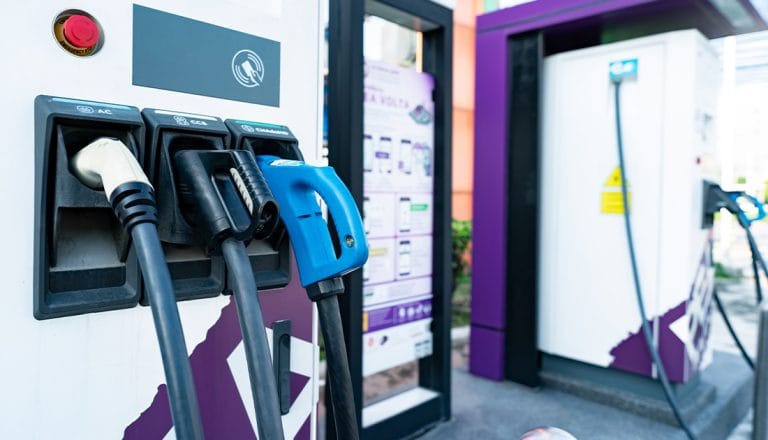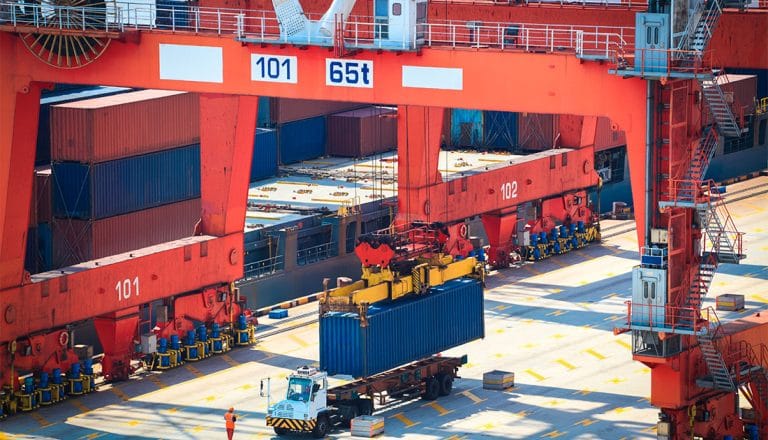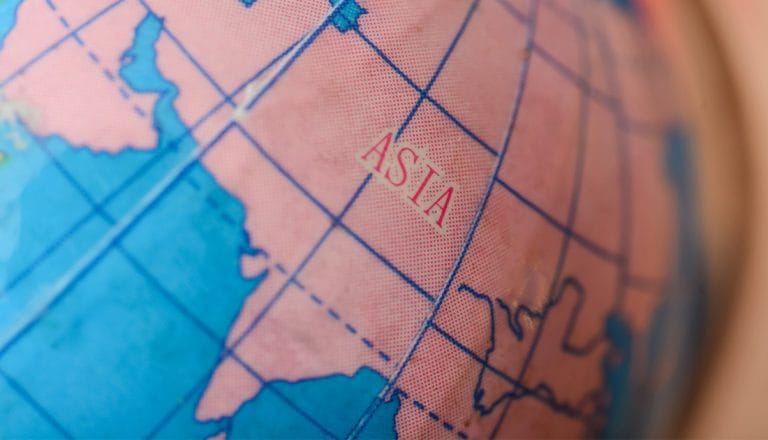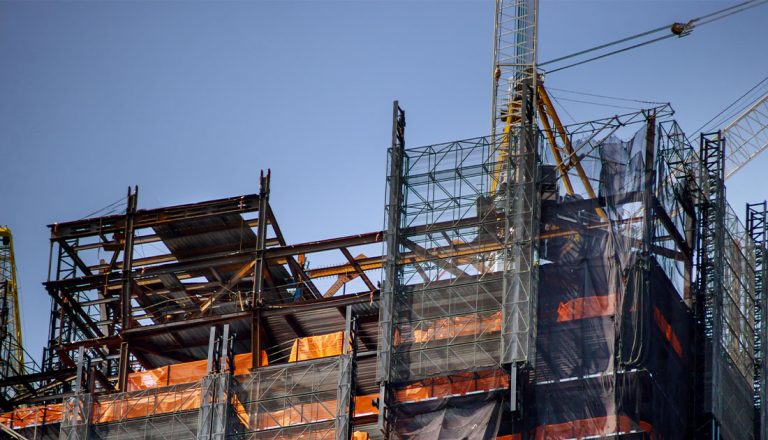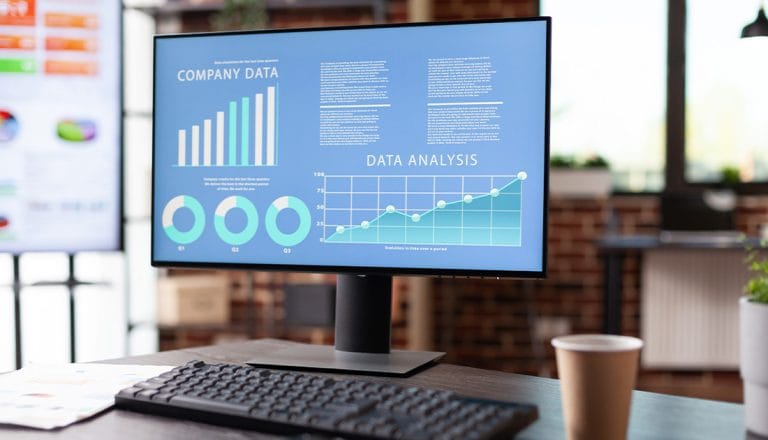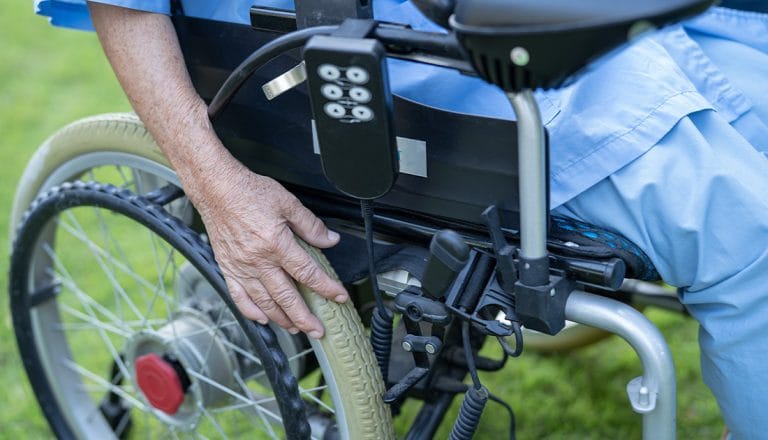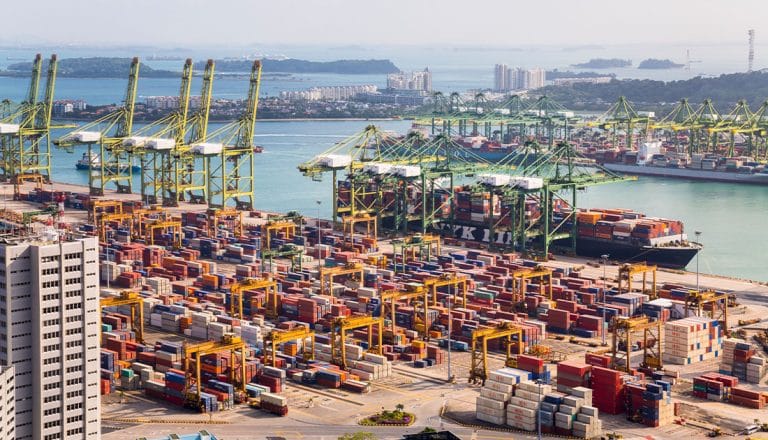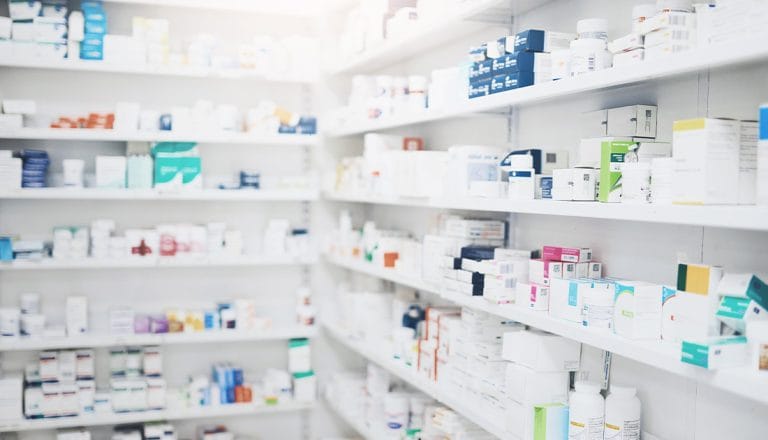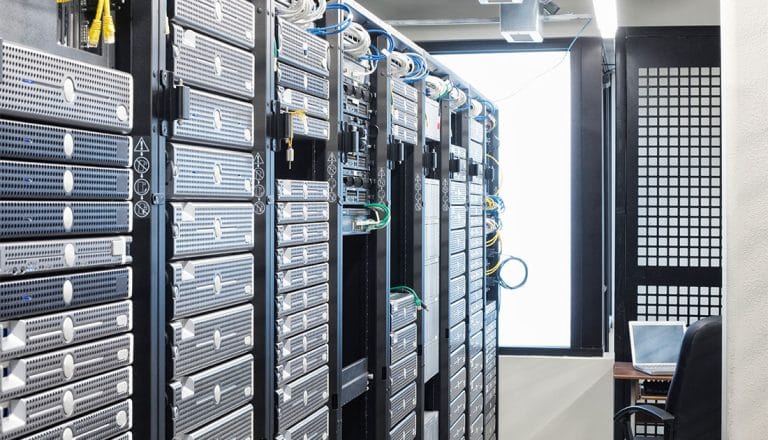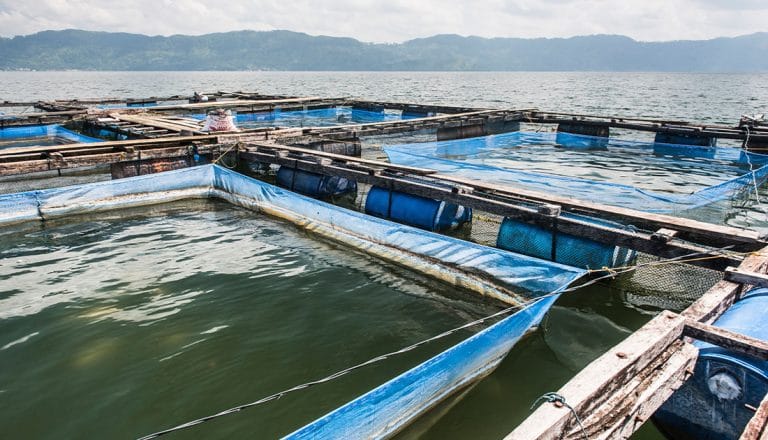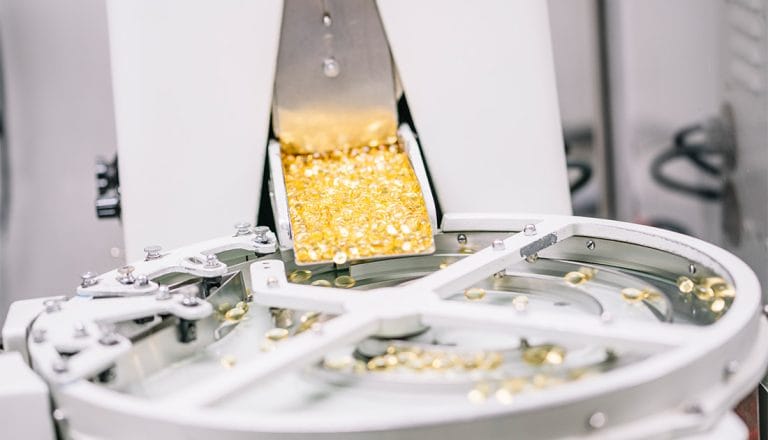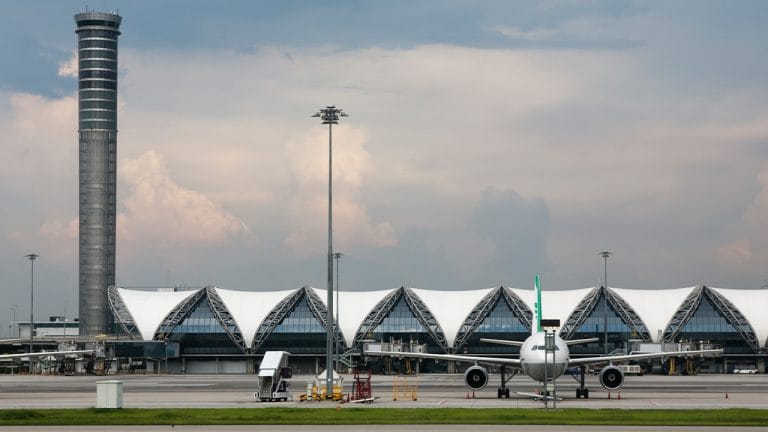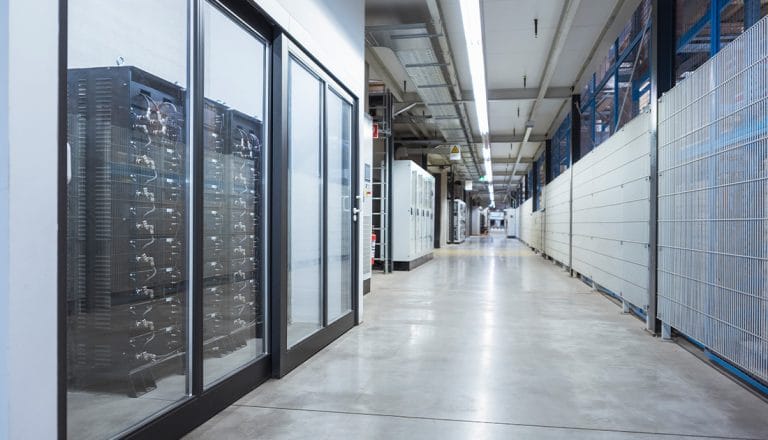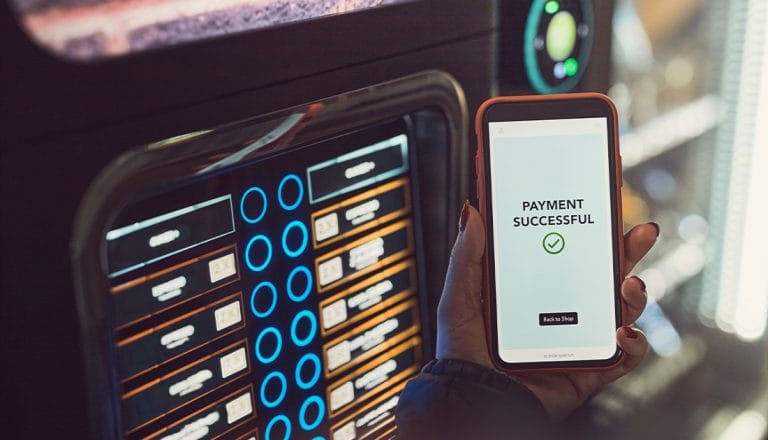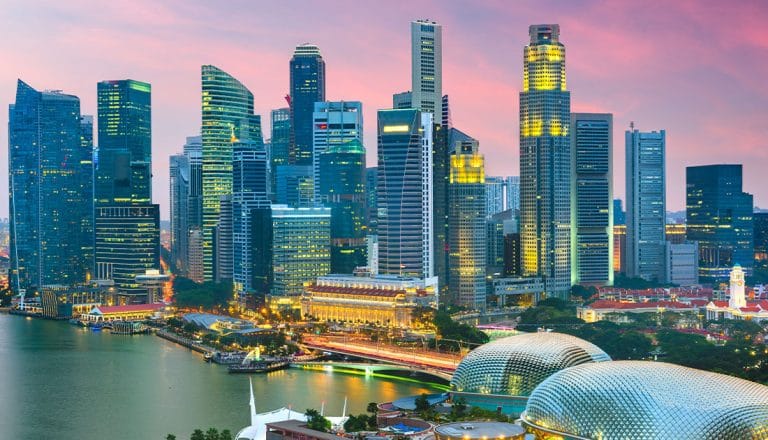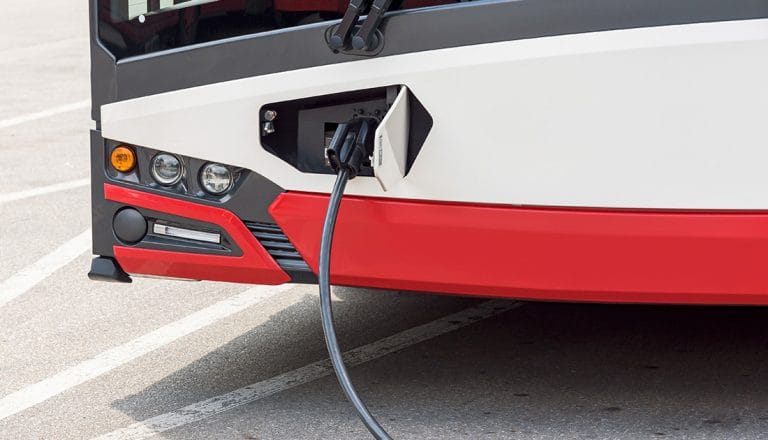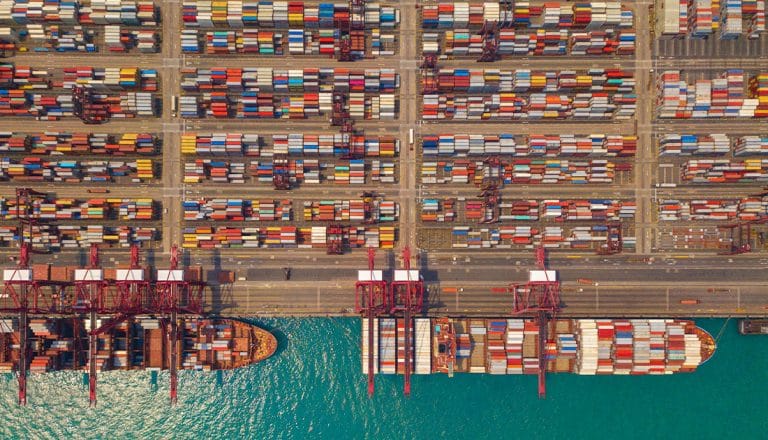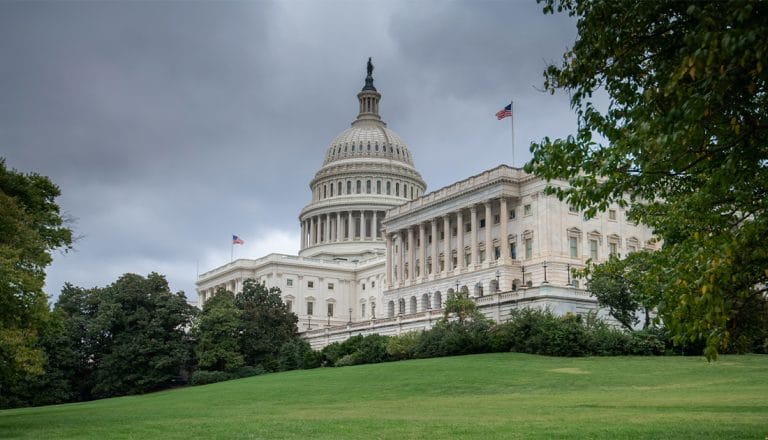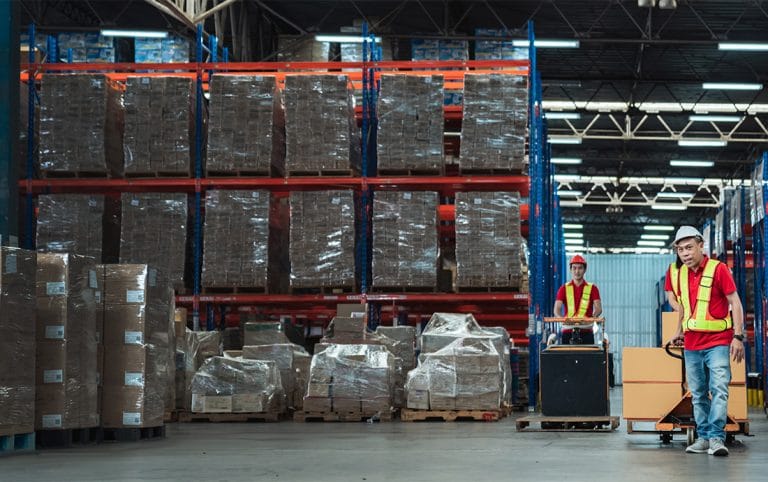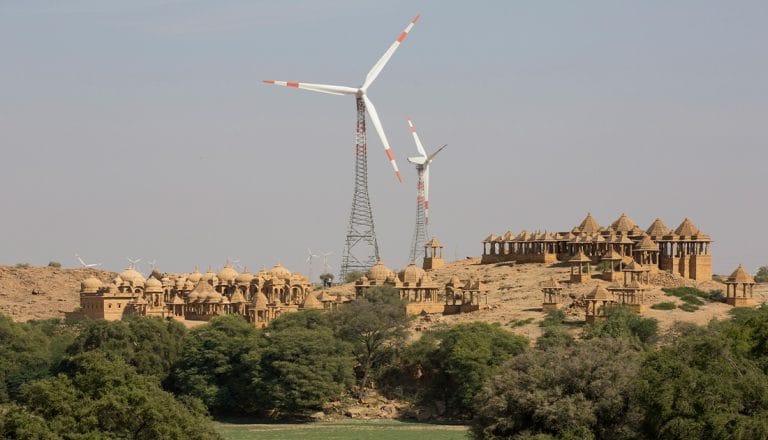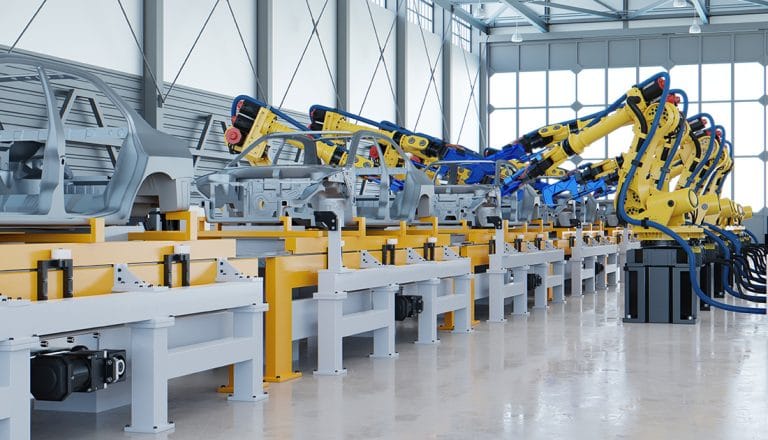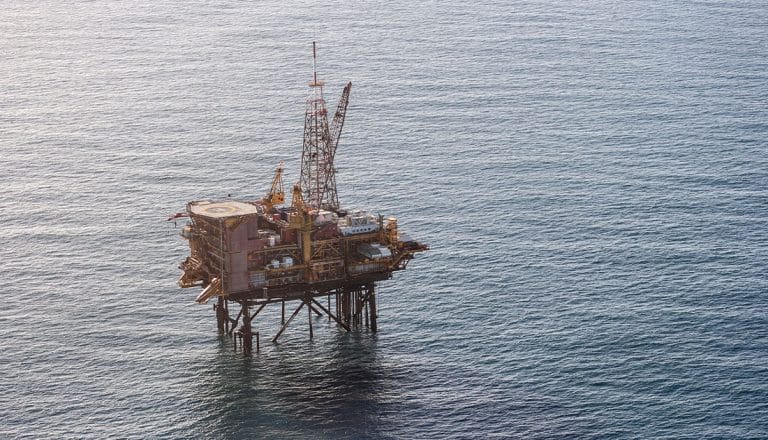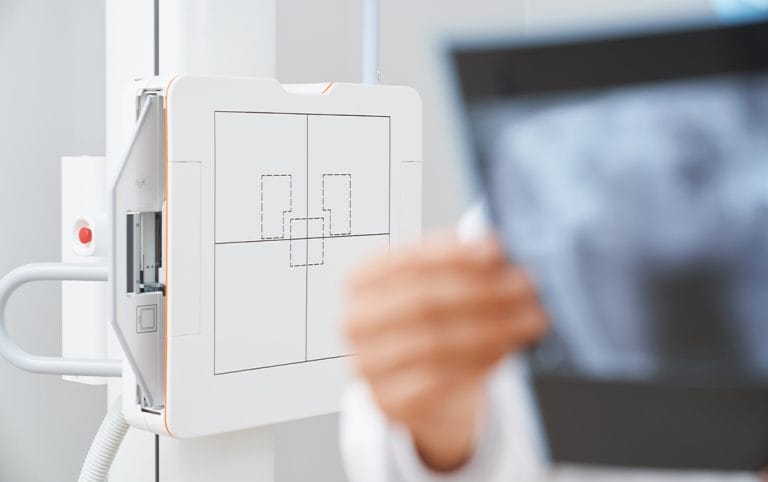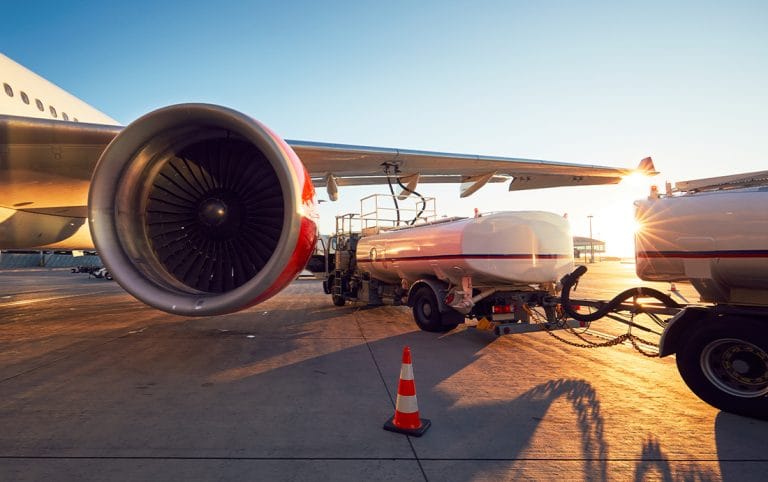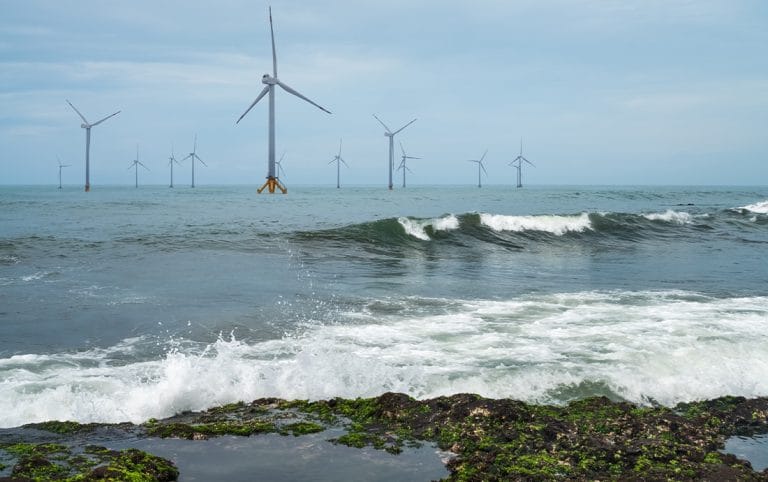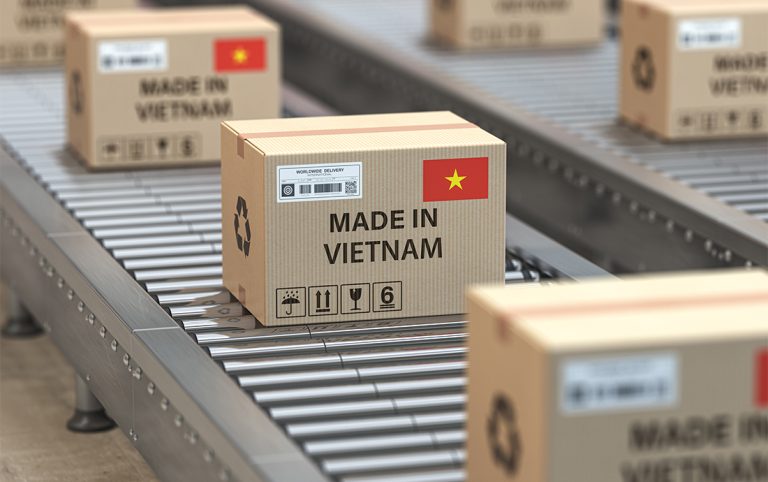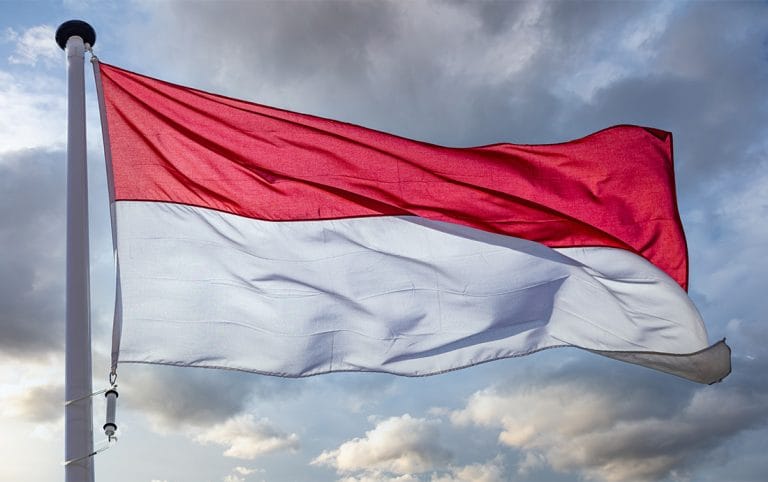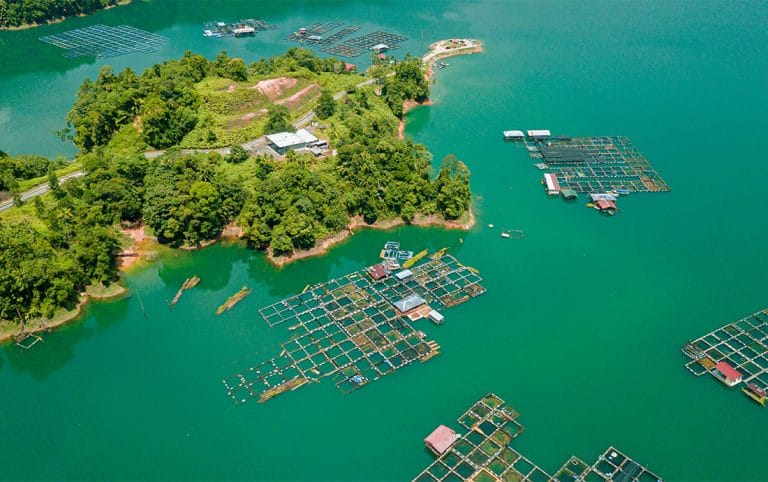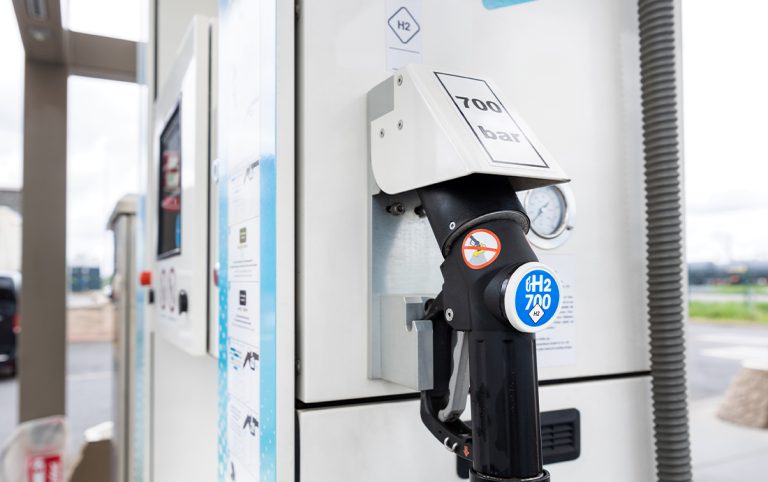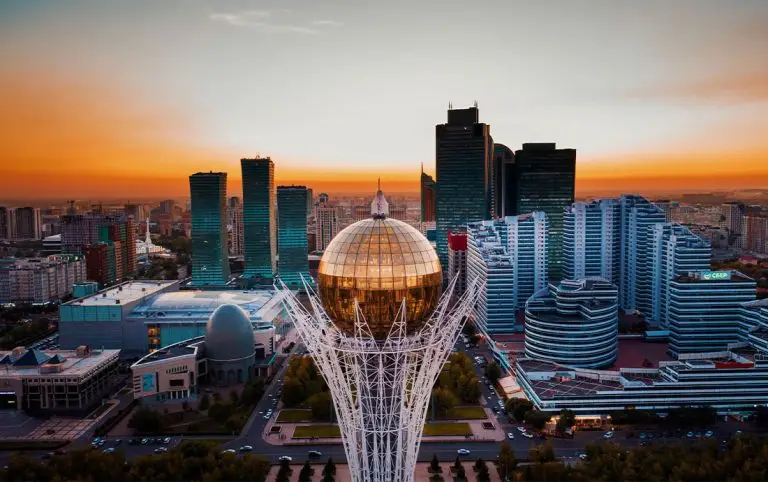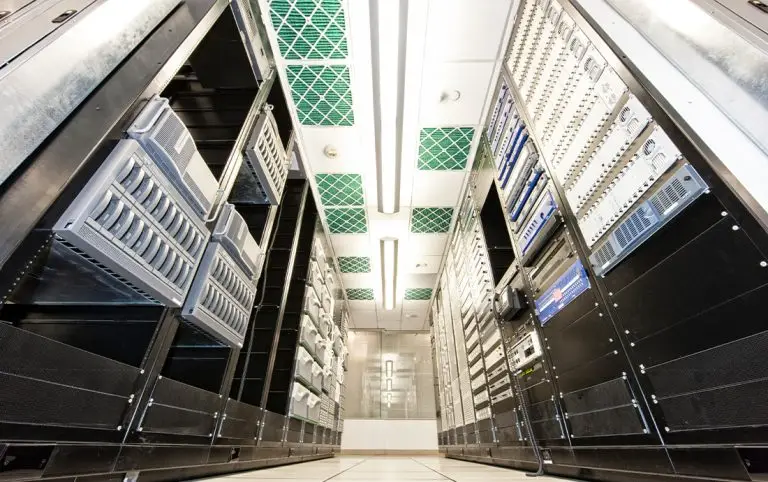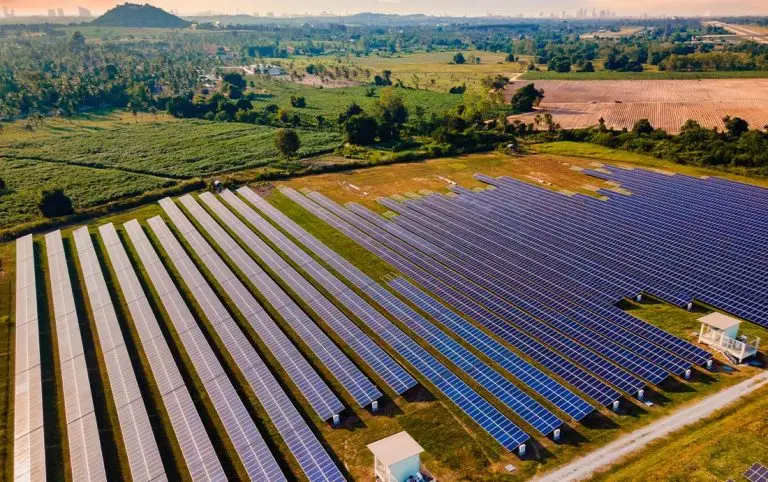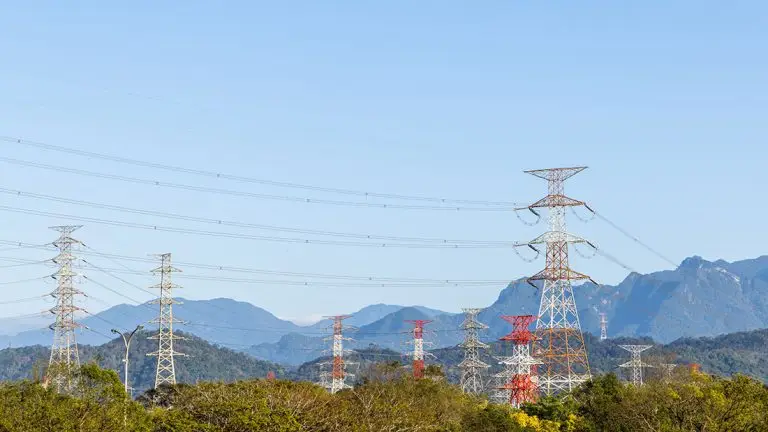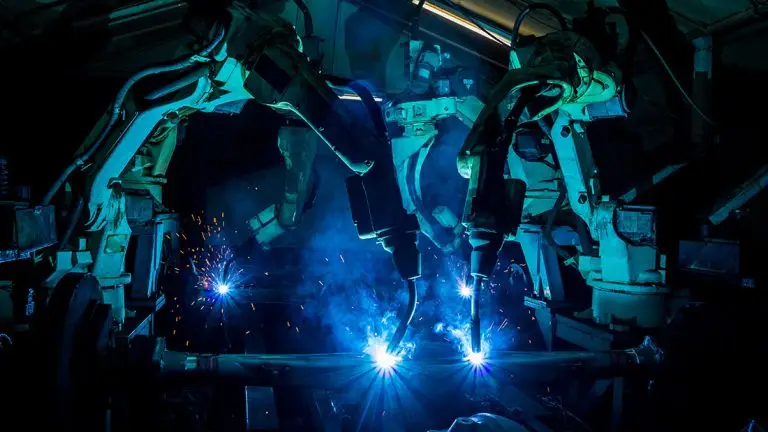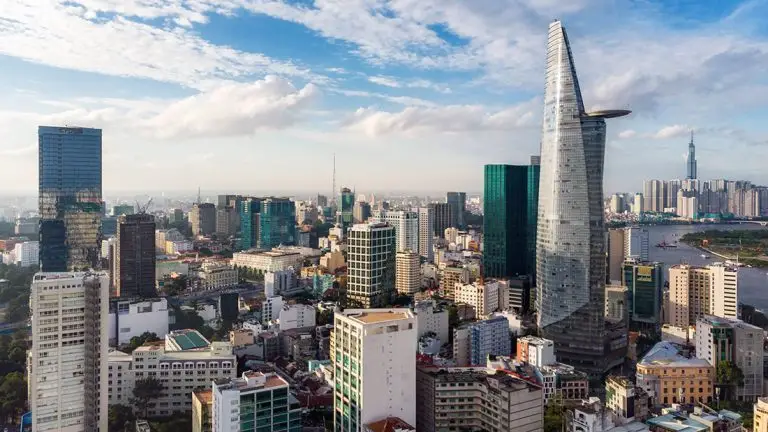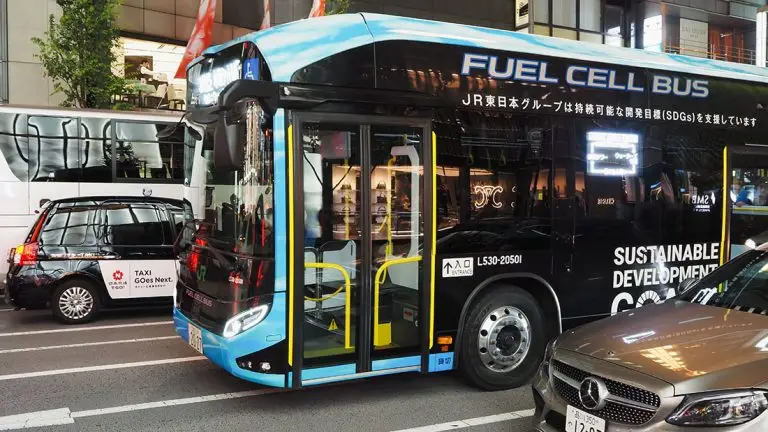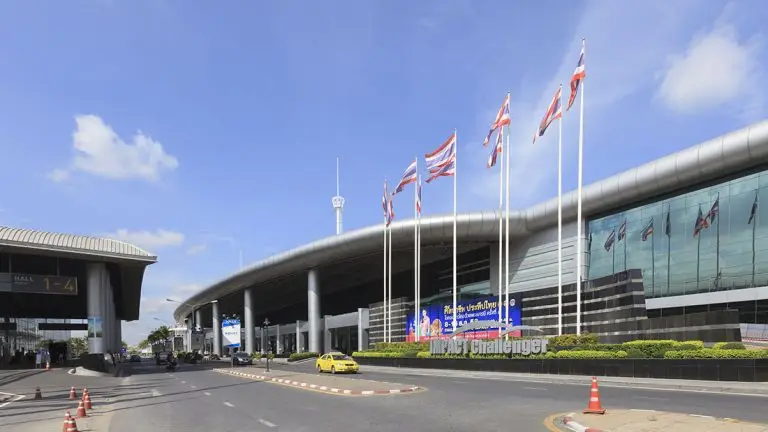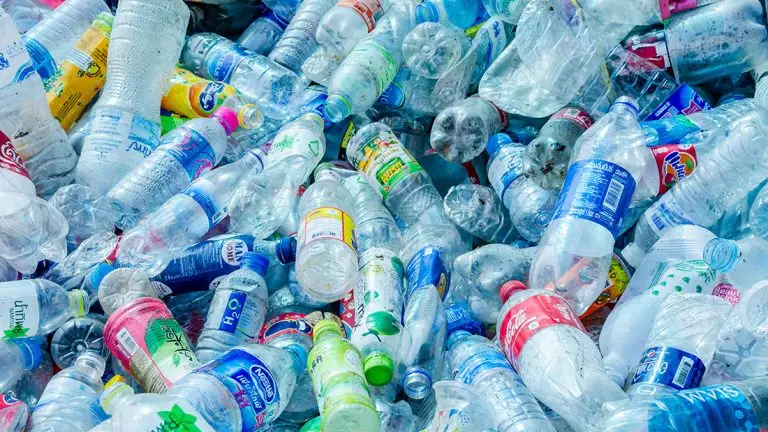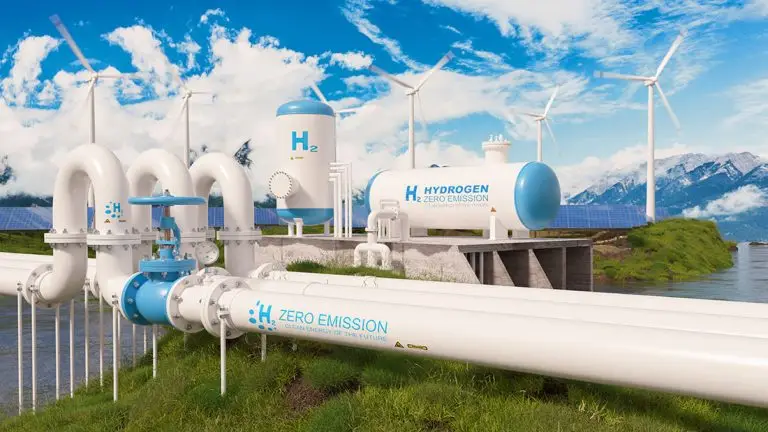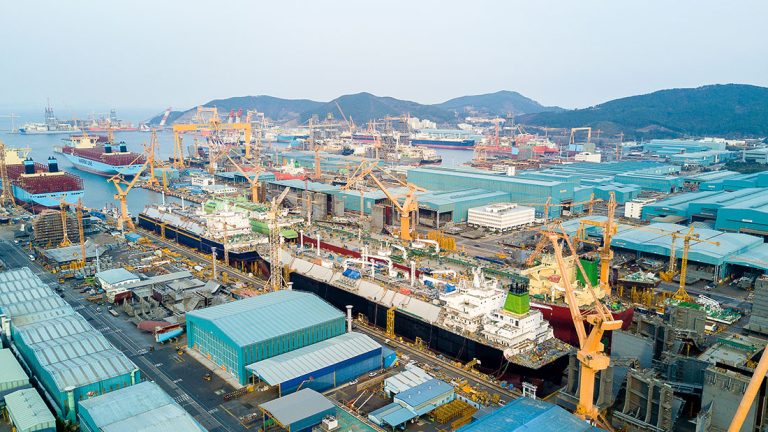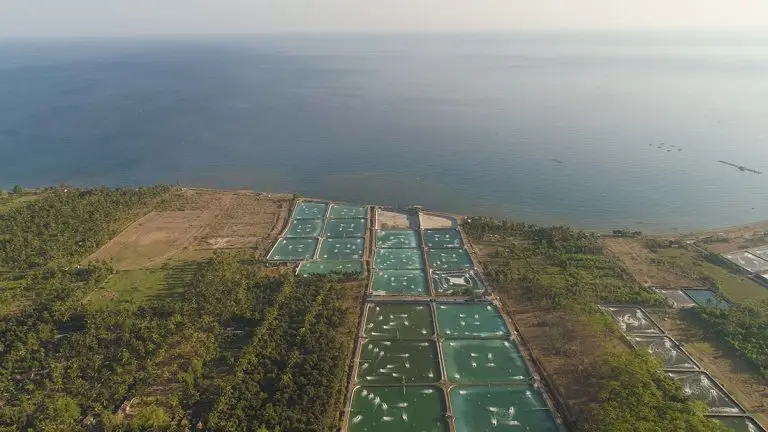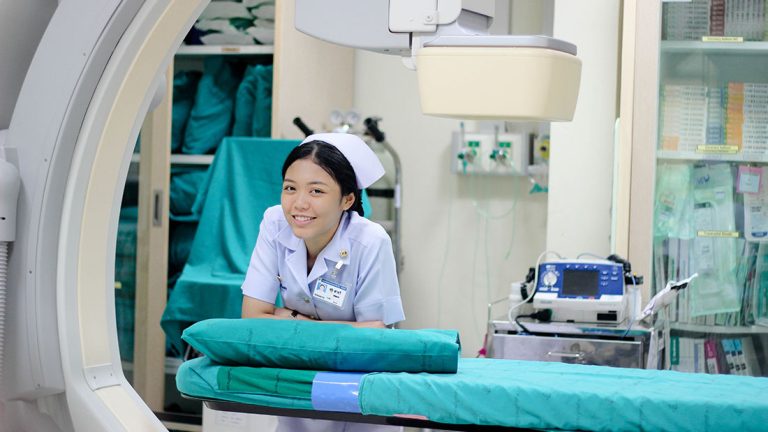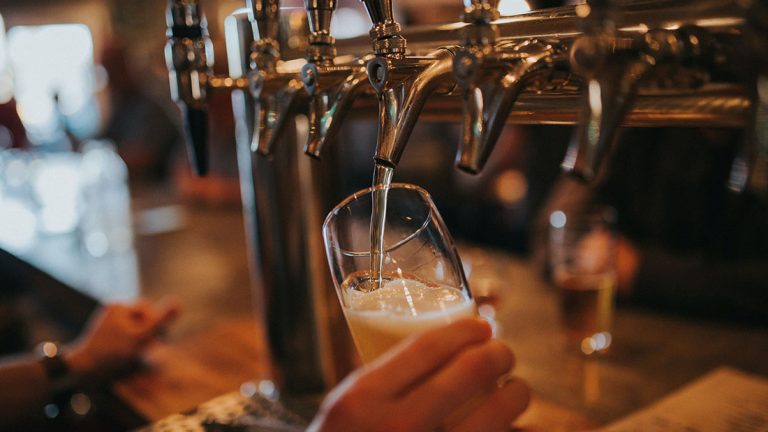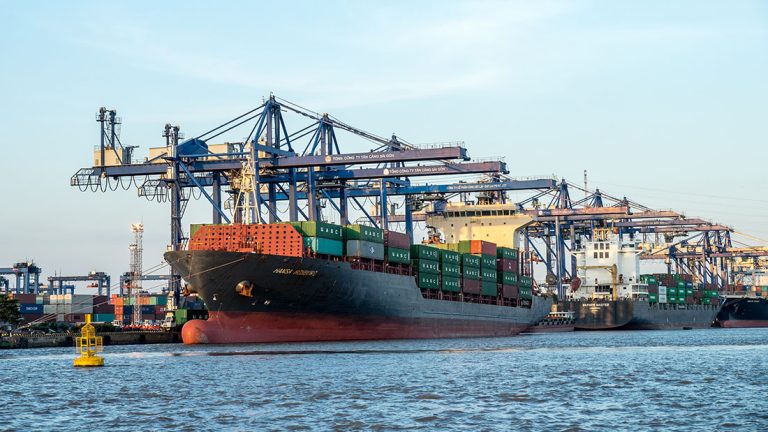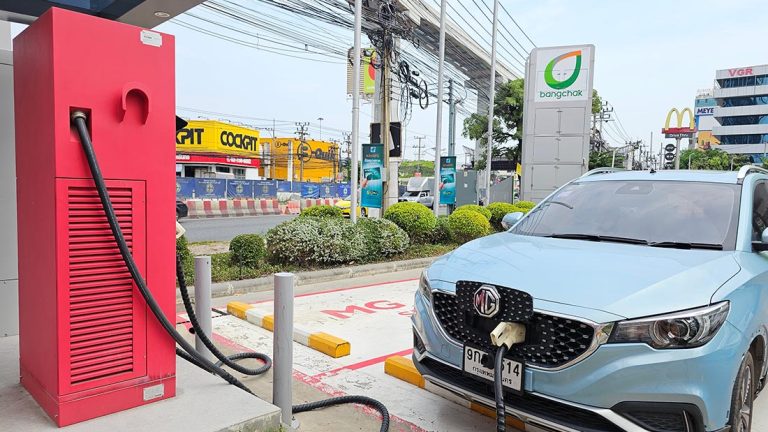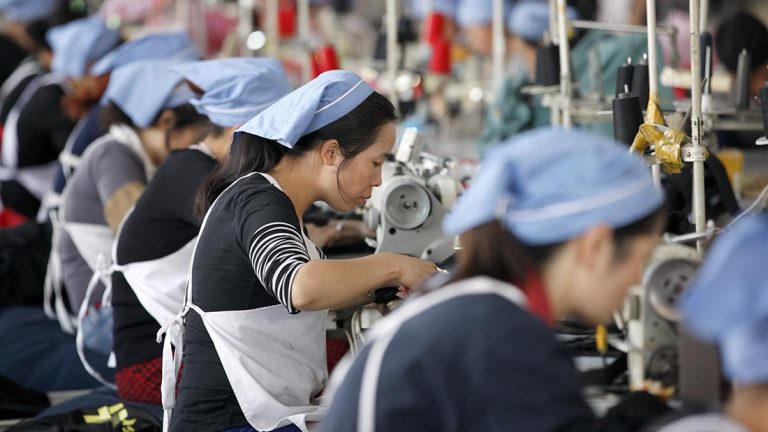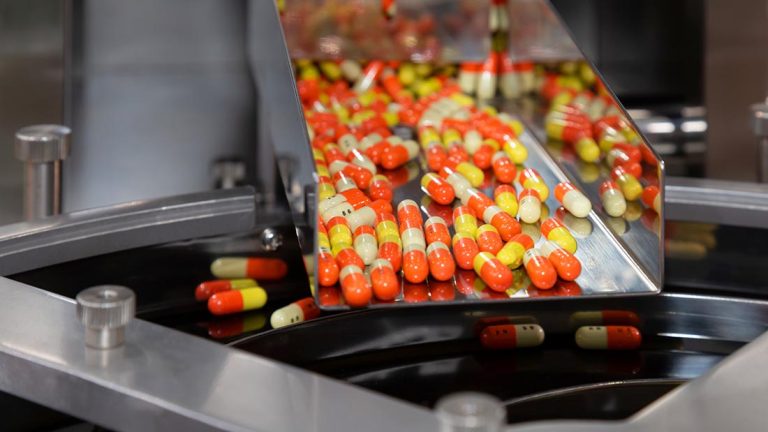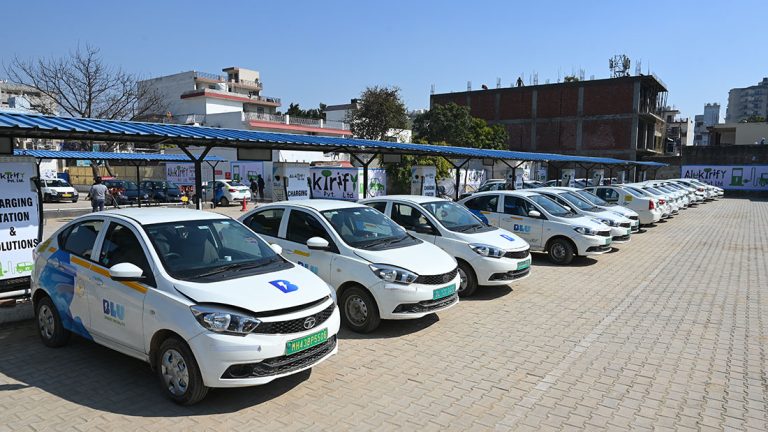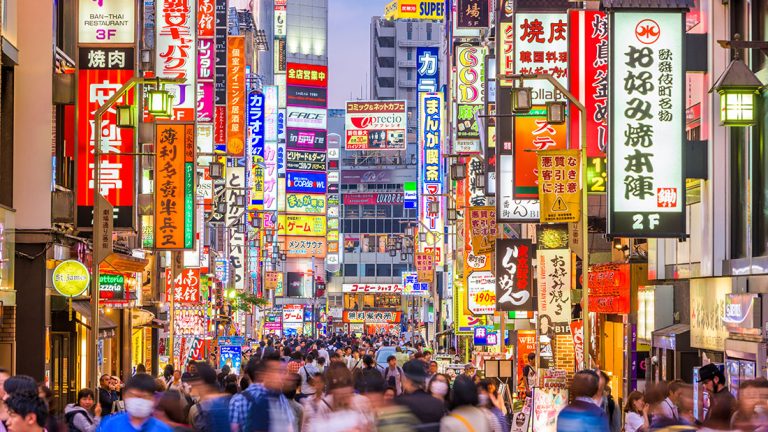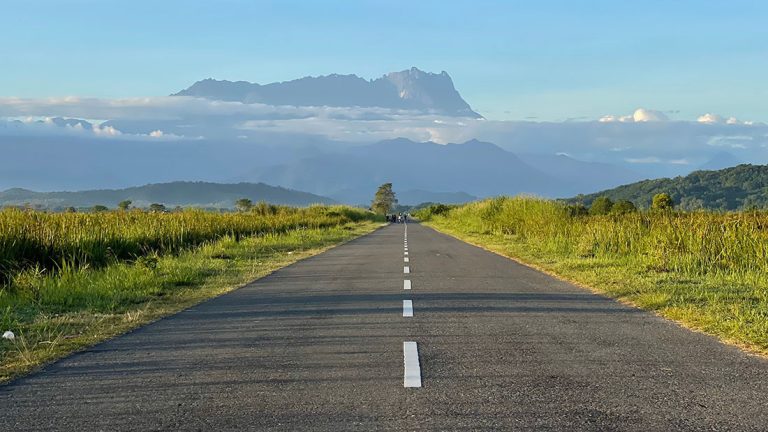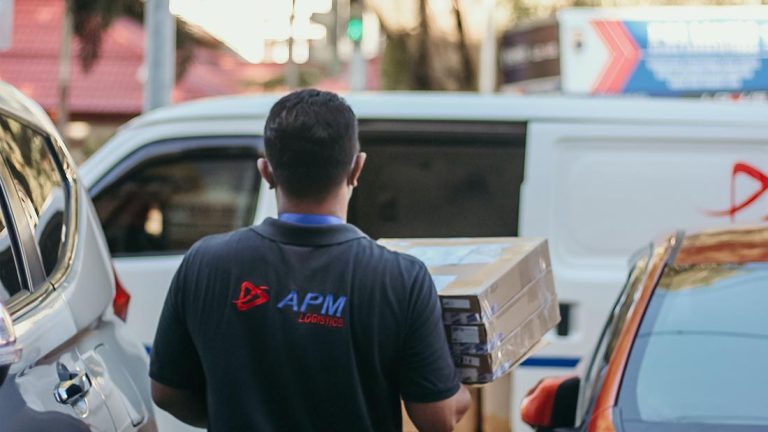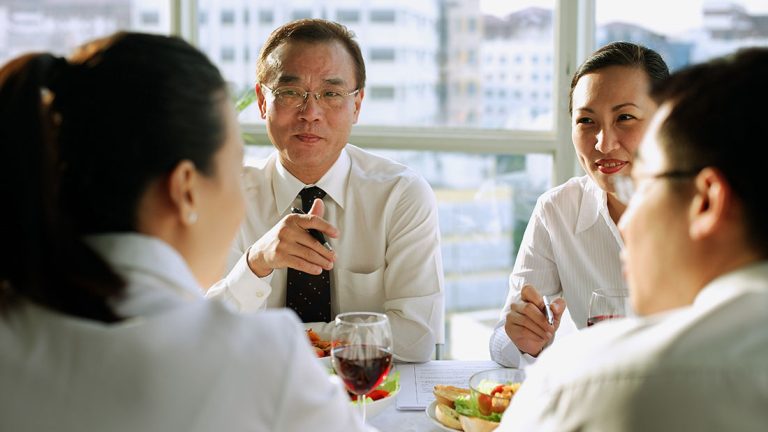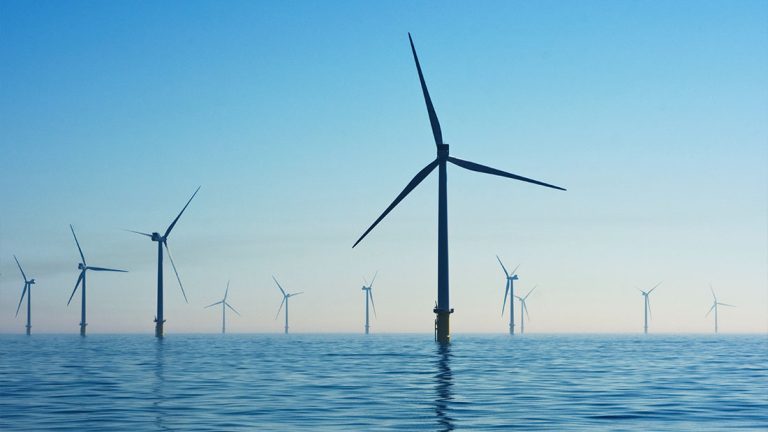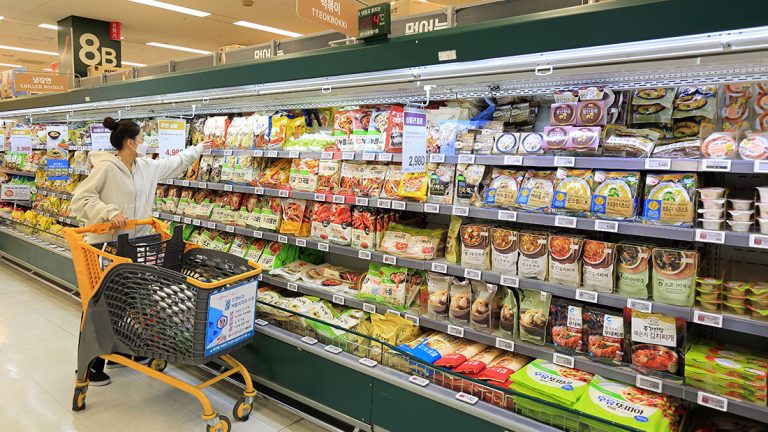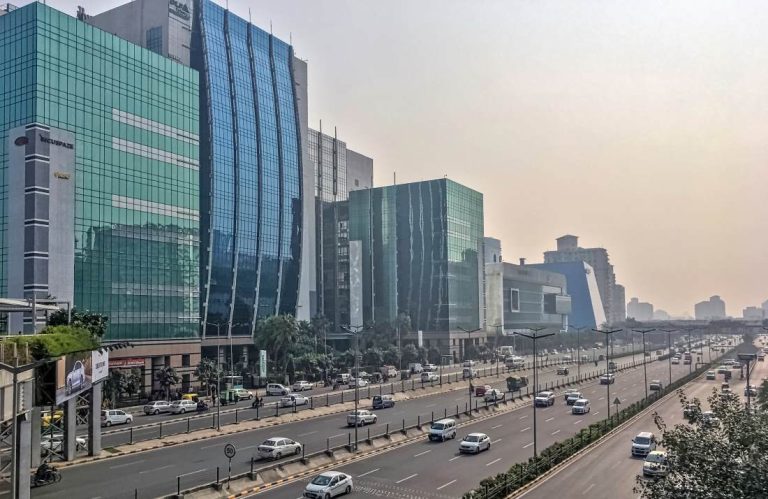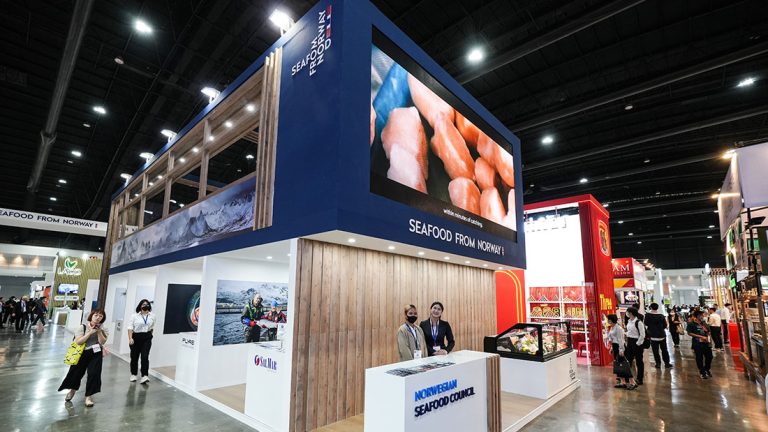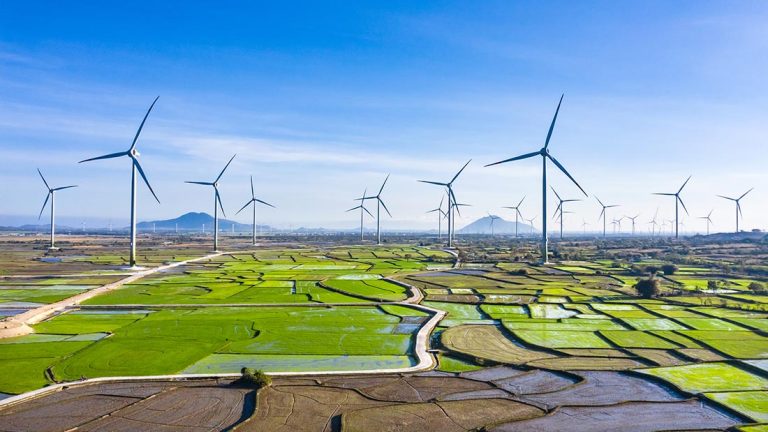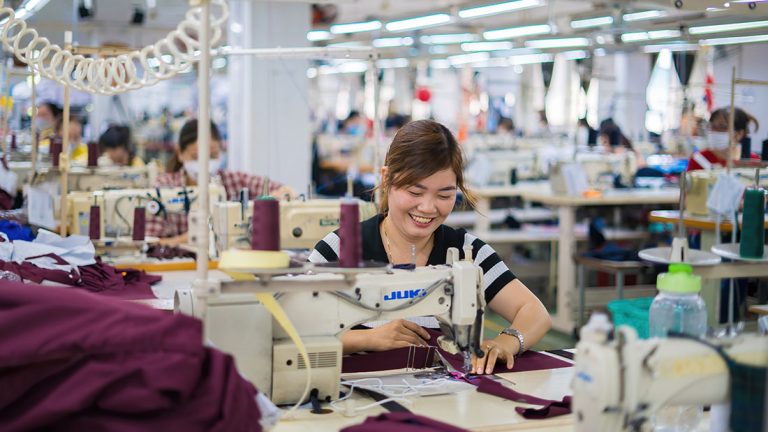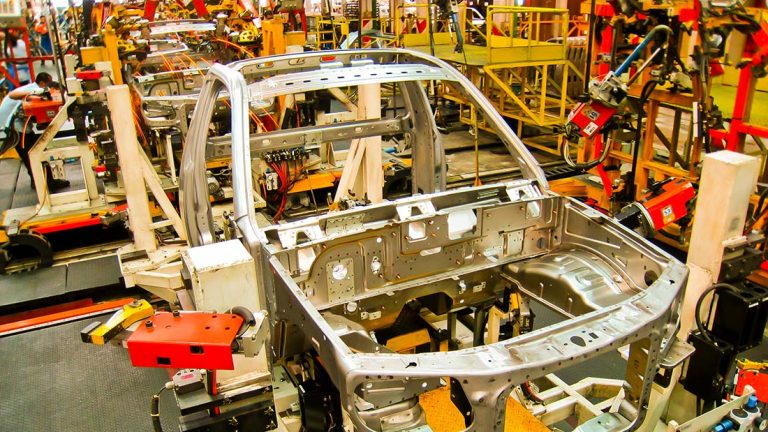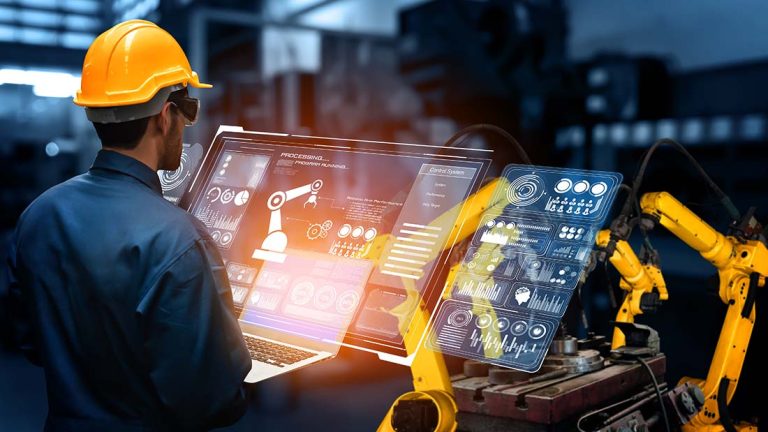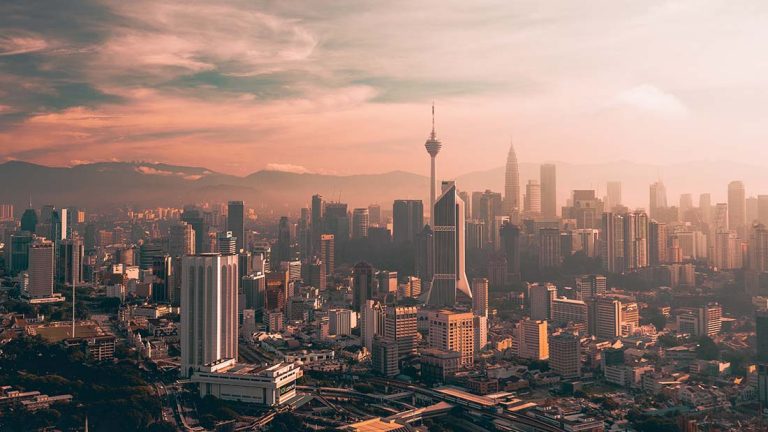- President-Elect Prabowo Subianto has targeted eight percent economic growth within his first two-to-three years in office
- There will likely be a continued push for foreign investment in the country’s commodity downstreaming efforts
- Many of current President Joko Widodo’s economic policies are expected to remain in place
President-Elect Prabowo Subianto has laid out a few of his goals for the Indonesian economy, which include substantial growth targets. He hopes to achieve these during the first few years of his tenure. With inauguration day approaching, Asian Insiders’ partner in Indonesia, Primadi Soerjosoemanto, looks at what this could mean for foreign businesses.
When Indonesian President-Elect Prabowo Subianto is sworn in on 20 October, it will have been more than nine months since election day. This extended transition period is a byproduct of the country’s runoff system that is triggered when no candidate receives more than 50 percent of the vote. In cases such as 2024, when there is no runoff, it means a lot of waiting and wondering.
The immediate response from investors was positive. The day after it was announced Prabowo had secured victory, the Jakarta Composite Index recording its biggest gain in two months. The early consensus was that the next president would continue with the previous administration’s policies while focusing on implementing several other campaign promises.
While inauguration day is still months away, some of what President-Elect Prabowo Subianto has planned for the Indonesian economy has come into more precise focus. Key details obviously won’t be known until a cabinet is in place. Still, the early signs seem to indicate there will not be a radical alteration to economic policies set by current President Joko Widodo.
President-Elect Prabowo Subianto sets Indonesian economy growth target
During the Qatar Economic Forum, Prabowo announced that he believes the country’s economic growth could reach eight percent within the first two or three years of his presidency. That would be a notable increase from the 4.5-5.5 percent Gross Domestic Product (GDP) growth Indonesia has recorded in recent years.
One of the key drivers of this goal would be biodiesel which would allow the country to reduce its reliance on diesel imports. Last year saw the implementation of the B35 policy that made a 35 percent palm oil blend in biodiesel mandatory.
The president-elect has already made it known he plans to increase the palm oil blend requirement to 50 percent by 2029. The impact is two-fold. First, it would reduce the country’s USD20 billion diesel oil imports. Second, it takes advantage of Indonesia’s status as the world’s largest palm oil producer.
Other core areas of focus Prabowo has mentioned are improving energy and food security. The expectation is that green technologies and sustainability will likely be at the forefront of these efforts.
Building on existing goals for the Indonesian economy
While President-Elect Prabowo Subianto mentioned some of his own goals for the Indonesian economy, he is also expected to continue with many of Jokowi’s existing policies. The most prominent of these is commodity downstreaming.
The policy banned certain raw material exports with companies instead required to manufacture them domestically into higher-value products. An example of this can be seen with South Korean giants Hyundai Motor Group and LG Energy Solution forming a joint venture to open an Electric Vehicle battery plant in West Java earlier this year.
Elsewhere, there is a belief that the implementation of the Job Creation Law will not be disrupted during the presidential transition. Designed to improve the ease of doing business, the regulation has simplified and streamlined some of the country’s sometimes onerous investment procedures.
During the World Economic Forum in April 2024, Coordinating Minister for Economic Affairs Airlangga Hartarto pointed out that foreign investment in Indonesia rose 29.4 percent on average in the five quarters after the law’s implementation.
With the next presidential administration having already set lofty economic growth targets, it would seem unlikely they would roll back incentives for foreign investors, such as tax holidays and tax allowances.
Fulfilling a campaign promise
One of President-Elect Prabowo’s key campaign promises was a free lunch programme that would provide meals to school students, children under five, and pregnant women. Approximately 83 million people will be eligible with the scheme predicted to need USD28.5 billion in funding each year.
In addition to improving nutrition and easing the financial burden on low-income households, the free lunch initiative is expected to create several economic opportunities. Companies in the food production and food security sectors will clearly benefit.
There should also be a knock-on effect that is likely to extend to technology, machinery, and raw material providers. These are going to be crucial in scaling up the free lunch programme and sustaining it in the future.
How do foreign businesses fit into these plans?
During the presidential campaign, Prabowo’s team highlighted the role increased foreign investment could have on existing commodity downstreaming efforts. It is believed that once the new president assumes office, he will promote a range of industries based on locally sourced commodities. Among those to be highlighted were coal, nickel, oil palm products, biofuel, and timber.
The selling point to overseas firms will be based on both local and regional opportunities. As the world’s fourth-most-populous country, domestic market demand can provide enormous opportunities for those willing to manufacture in Indonesia.
However, Prabowo hopes to convince firms that a strong presence in the country can be the first step into regional expansion. In other words, downstream products made locally could be exported to other ASEAN countries.
While possible, it is rarely that simple. The region is not a one-size-fits-all market. Each country has a unique operating environment that comes with its own set of challenges. Ultimately, this is a potential option but one requiring thorough consideration when the time comes to expand.
Final thoughts
President-Elect Prabowo Subianto has ambitious goals for the Indonesian economy. Reaching his eight percent growth target requires investments in strategic areas. That will ensure businesses operating in the country can best tap into current advantages, such as strong domestic demand for goods and services.
Those concerned about massive changes to the business operating environment during Prabowo’s presidency do not have much to worry about. Given the country’s desire for foreign investment, incentives created under the Job Creation Law are expected to remain.
The most important thing for foreign businesses looking to enter the market is to understand the local landscape which is unique on many different fronts. As the country transitions from one president to the next, that will not change.
For a no-obligation discussion about available opportunities in Indonesia, please get in touch with Primadi Soerjosoemanto, Indonesia Partner: primadi.ws(at)asianinsiders.com or Jari Hietala, Managing Partner: jari.hietala(at)asianinsiders.com.

